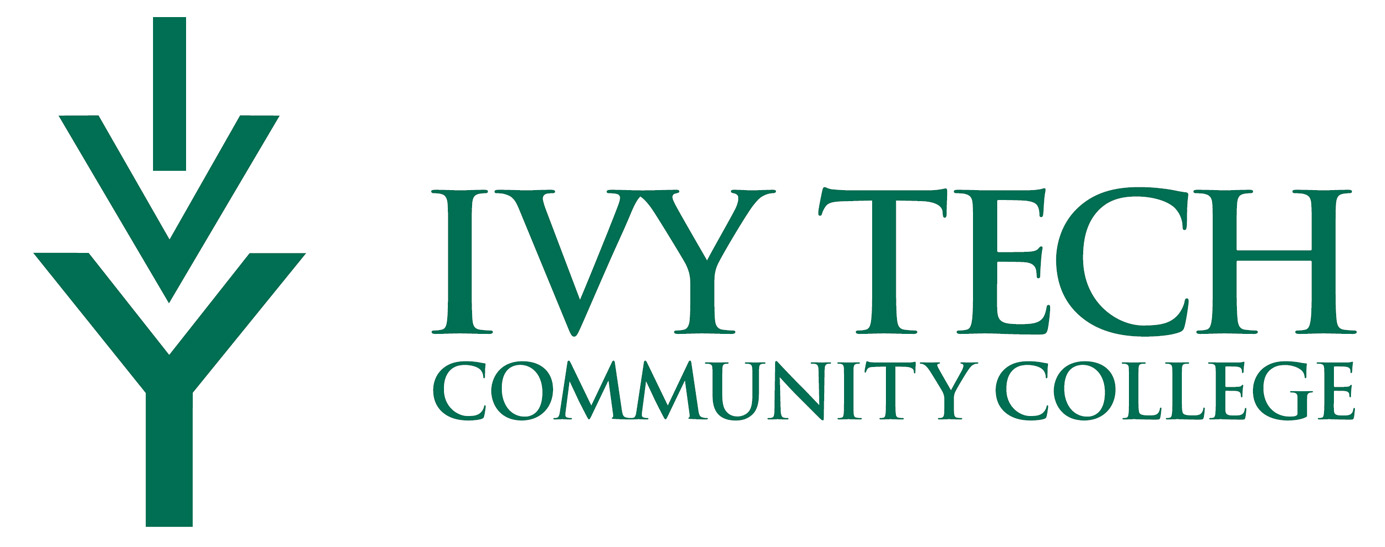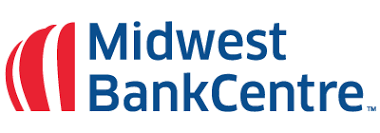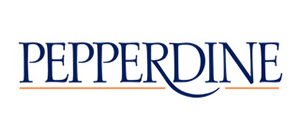Innovative Thinking – Entrepreneurial cultures benefit from information sharing.
Check your assumptions at the innovation door.
Innovative Thinking – Entrepreneurial cultures benefit from information sharing.
Introduction
In order to increase creativity and innovation through collaboration, entrepreneurs must embrace information-sharing.
An entrepreneur can’t find and solve problems without the necessary information about their market and industry and their place in it. Lack of trust hinders fact finding.
Ideas with additional information can become stronger.
Unfortunately, entrepreneurs often avoid asking questions or volunteering information for fear of getting their ideas stolen or having that information broadcast out into the world. If the entrepreneur comes off as guarded or mistrusting, others may share misleading facts.
They may give the entrepreneur incorrect information because they tell him what they think he wants to hear, or they twist the information to make themselves look better. Either way, the entrepreneur can avoid these pitfalls by coming across authentically with people they talk to, and this can only be attained by being open and sharing information as needed.
While the entrepreneur risks putting their ideas out into the world before it is ready, the consequences of misdirected fact finding leads to erroneous problem definitions later. What later appears to be an innovative product or service might turn out to be a huge failure because it was developed on poor information.
It should be noted that there are some industries where secrecy is more warranted. Defense contractors, major corporations with extensive R and D labs, and biotechnology companies build intellectual property fences to shield their ideas from the outside world.
However, there are three reasons why most entrepreneurs are not justified in having such a guarded approach.
One, large companies already have immense resources and networks they can draw from in gathering the facts they need.
Two, entrepreneurs who guard their ideas in overprotective ways come across as Gollum in the Lord of the Rings (“my precious!”). No one will help a person who comes across as greedy or pathological.
And three, the idea that is shared in collaborative sessions will change into an entirely new idea when new facts are gathered.
Essentially, the entrepreneur is protecting an idea that won’t exist with further deliberation and experimentation. And if an overly secretive entrepreneur goes into the market with an idea, it is likely the facts they overlooked will cause a change in direction anyway. Reality has a nasty habit of pointing out ignorance.
Ready To Drive Change?
You’re an innovator. You just don’t know it yet. Let us show you how.
Understand your individual and team innovation style
Learn more about our innovation programs.
Contact us to drive more innovation in your teams.


































